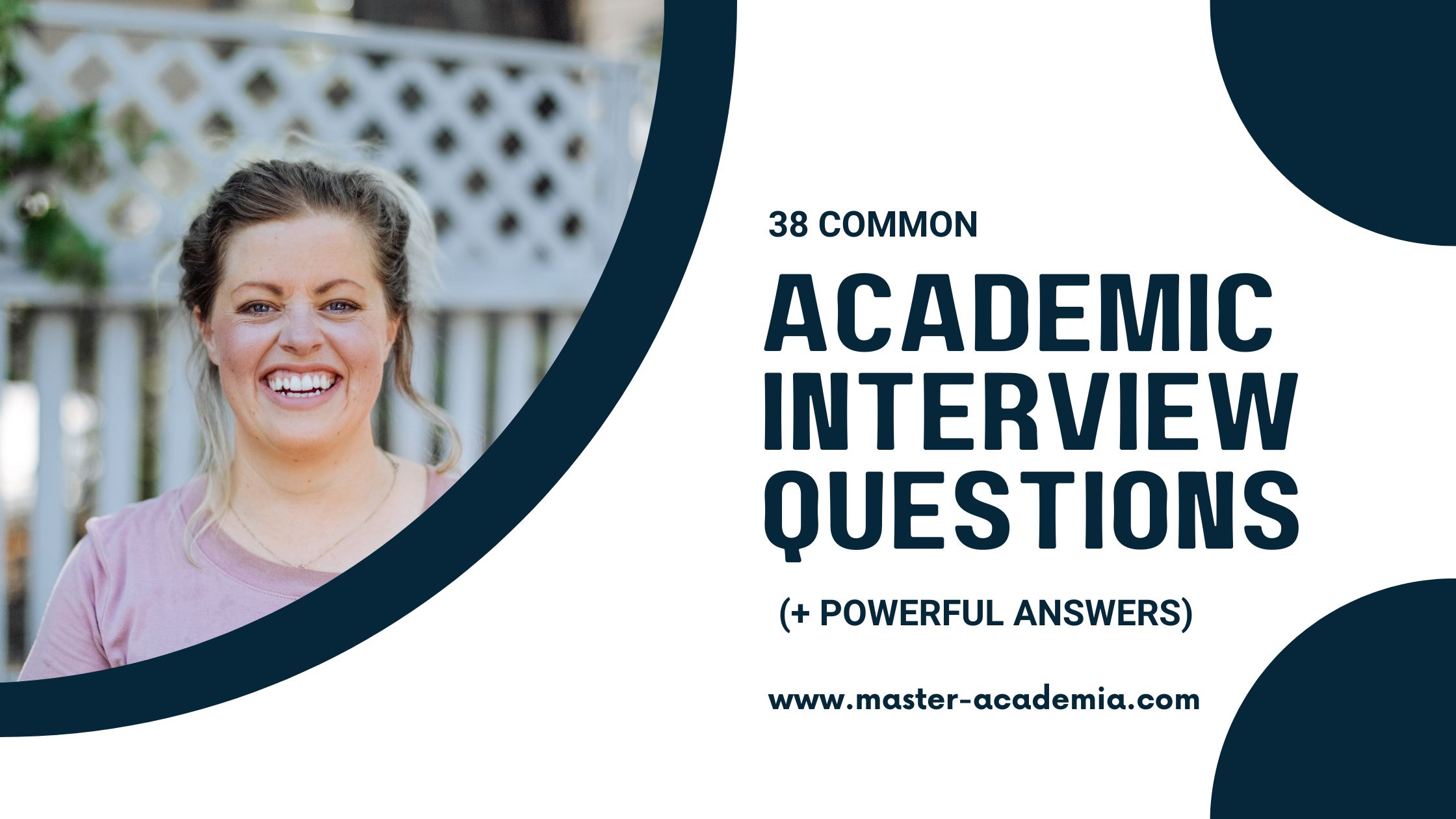
Becoming a journal editor is a goal for many academics and involves overseeing the publication process, organizing peer reviews, and shaping a journal’s thematic direction. Although it’s not typically a full-time job, it can bring significant benefits such as boosting an academic’s CV, providing prestige, and expanding professional networks. Achieving this goal can be done through networking, applying to open positions, or rising through the ranks. Learn more!
Contents
What is a journal editor?
Academic journals are important for publishing research findings and advancing knowledge in various fields. But have you ever wondered who is in charge of the publication process? That’s where the journal editor comes in.
A journal editor is the person responsible for managing the manuscript publication process of a specific academic journal. Editors oversee the review process, make decisions on which papers to publish, and ensure that the journal maintains a high standard of quality.
While some journal editors hold positions outside of academia, most are academics affiliated with a university. In the social sciences and humanities, being a journal editor is often a voluntary position that aligns with the academic work of the editor. However, some journal editors do get paid.
Being a journal editor for a reputable journal offers prestige and can advance a person’s academic career. Journals have impact factors, which measure their (alleged) knowledge impact in terms of citations. The higher the impact factor, the more prestigious the journal.
Therefore, being a journal editor at a high impact journal is considered more advantageous for a person’s career. However, other factors such as ‘open access’ publications started to play a more important role in recent years when it comes to prestige.
What is a journal editor-in-chief?
The role of a journal editor-in-chief is important in overseeing the publication process of academic journals. While the number of editors for each journal may vary, there is usually one or two editor-in-chiefs who are ultimately responsible.
One of the editor-in-chief’s responsibilities is to assign specific editors to oversee the publication process of new manuscripts. It is important that the assigned editor has expertise in the content of the manuscript.
Additionally, the editor-in-chief may represent the journal formally at academic conferences and may serve as the contact person for administrative and financial matters if the journal is owned by a larger publishing company.
What do journal editors do?
Being a journal editor is usually not a full-time job, but one of the many activities that academics tend to be engaged in.
The primary role of a journal editor is to oversee the manuscript publication process for a specific academic journal. This means that they are responsible for organizing peer reviews, maintaining quality control, and shaping the thematic direction of the journal.
To achieve this, journal editors typically have regular meetings to discuss the direction they want the journal to take. They decide which articles to accept and which topics these articles should cover. They also develop quality criteria that are used to either accept or reject submitted manuscripts.
When a manuscript is submitted, the journal editor first assesses whether it is good enough to undergo a process of peer review. If not, it is desk-rejected. The editor then reaches out to peer reviewers to receive independent, external assessments of the article. In cases of conflicting opinions on the quality of a manuscript, the journal editor makes the final decision.
Additionally, journal editors often read submitted articles in-depth and provide feedback or suggestions for improvement to the authors.
How to become a journal editor
Many academics aspire to become a journal editor and there are various ways to achieve this goal.
- Become a journal editor by networking. Networking is one way to become a journal editor. In academia, having strong academic networks is essential, as it provides opportunities and connections, including the possibility of becoming a journal editor. Knowing the editor-in-chief, for instance, could lead to such an opportunity.
- Become a journal editor by applying to an open position. Some journals openly advertise editor positions, similar to a job opening. Applicants are usually required to submit a motivation letter and an academic CV that highlights their expertise and enthusiasm for the role.
- Become a journal editor by rising through the ranks. A third way to become a journal editor is by rising through the ranks. Higher-impact factor journals often have established academics, such as associate or full professors, as editors. Lower-impact factor journals may accept assistant professors and postdoctoral researchers. Some journals offer specific positions for early career researchers to learn about the editorial process and manage the book review section. This position allows them to participate in meetings and gain experience, eventually leading to becoming a full journal editor.
Journal editors: FAQ
What are the benefits of being a journal editor?
Becoming a journal editor provides a significant boost to an academic’s CV and brings a lot of prestige. It can also be a factor in securing promotions and advancing up the academic ladder.
Moreover, serving as a journal editor allows you to actively participate in your research field and expand your professional network. Establishing connections with other academics can help you become more recognized in your field and open up future opportunities.
Finally, being a journal editor is an intellectually stimulating role as you play a vital role in shaping knowledge in your field of interest. You are often among the first to explore emerging research insights, which can be extremely rewarding for your own work.
Should early career researchers aim to become journal editors?
Becoming a journal editor as an early career researcher is not a common occurrence, as the opportunities are limited. Instead, it is advisable for master’s and PhD students to explore the possibility of becoming peer reviewers for academic journals in the first instance.
During the final stages of a PhD or while undertaking a postdoc, it may be beneficial to look for specific positions in journals designed for early career researchers. These may include roles such as book reviewers or junior editor positions that offer guidance from established journal editors.
While it can be an excellent opportunity if it arises, it is not necessary to become a journal editor as an early career researcher. Securing such a position can take time, so don’t worry if it doesn’t happen immediately.
Are editors for academic journals getting paid?
The payment of journal editors varies depending on the journal. However, in the social sciences and humanities, it is common that journal editors do not receive payment for their work. Instead, being a journal editor is considered part of an academic’s job responsibilities, and they receive a salary from their university or institution. Therefore, seeking a journal editor position as a way to supplement your income is generally not a good strategy.
What is the difference between journal editors and editorial board members?
The distinction between journal editors and editorial board members is that journal editors have a more hands-on role in the manuscript publication process, while editorial board members provide valuable expertise to ensure the legitimacy and quality of the journal.
Journal editors oversee the publication process, including peer review, quality control, and shaping the thematic direction of the journal. On the other hand, editorial board members are consulted when defining the general direction of the journal and upholding quality standards. They may also be contacted more frequently by journal editors for peer review.



